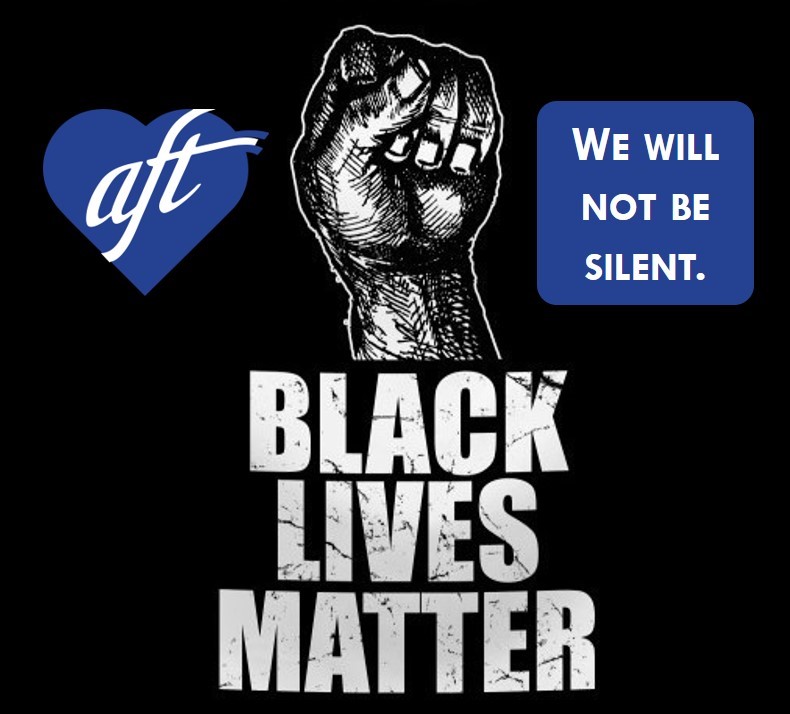1) Teaching: A tool to dismantle racism
When George Floyd was murdered by police, high school history students in Sari Beth Rosenberg’s remote classroom were already talking about systemic racism. Read about how this AFT member in New York City continues to incorporate difficult history and wrenching current events into her lessons, and heed her call to all educators to use teaching as a tool to dismantle racism.
2) AFT offers workshops during Congressional Black Caucus conference
The AFT is offering a series of free professional development presentations during the Congressional Black Caucus Foundation’s Annual Legislative Conference, one of the most influential policy gatherings for people engaged in the issues that affect African Americans and the global Black community. Held weekly through September, the series focuses on how to stop the criminalization of American schools and the related pathway to prison and low-paying jobs, with sessions on culturally responsive pedagogy, adverse childhood experiences (including trauma) and effective teaching during the pandemic.
3) Advanced, but Not Equal
This year, Women’s Equality Day coincides with the centennial commemoration of the 19th Amendment which was supposed to guarantee women’s suffrage. The commemoration underscores a basic fact: women’s fight for true equality by gender and race is far from over. Adding insult to injury, for decades the story of women’s fight to vote has been whitewashed, effectively eliminating the leadership and contributions of Black, Indigenous and other women of color. Wendy Chun-Hoon, our executive director, and Erika Washington, our Board co-chair, penned an oped examining how this happened and the lessons for our movement today They call on us to honor the impact of the movement by fighting voter suppression and making voting accessible for all.
4) Money Bail, Risk-Based Tools, & Options for Californians
Across California and the United States, the push for bail reform has gained momentum with increasing awareness and research showing the disproportionate impact the money bail system has on people of color and low-income households. In California, it’s estimated over two-thirds of people detained in jails – around 47,000 – have not been sentenced for a crime, a number that includes both those who cannot afford bail and those who are awaiting sentencing post-conviction. Read the full report that discusses racial, economic, and gender disparities embedded in the money bail system and why efforts to reform California’s bail system also aim to address the wide racial disparities seen in the criminal justice system.

